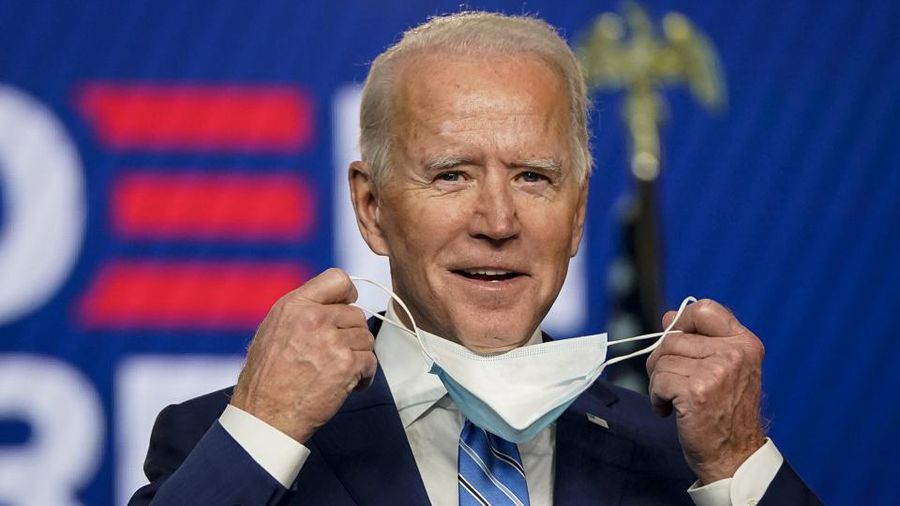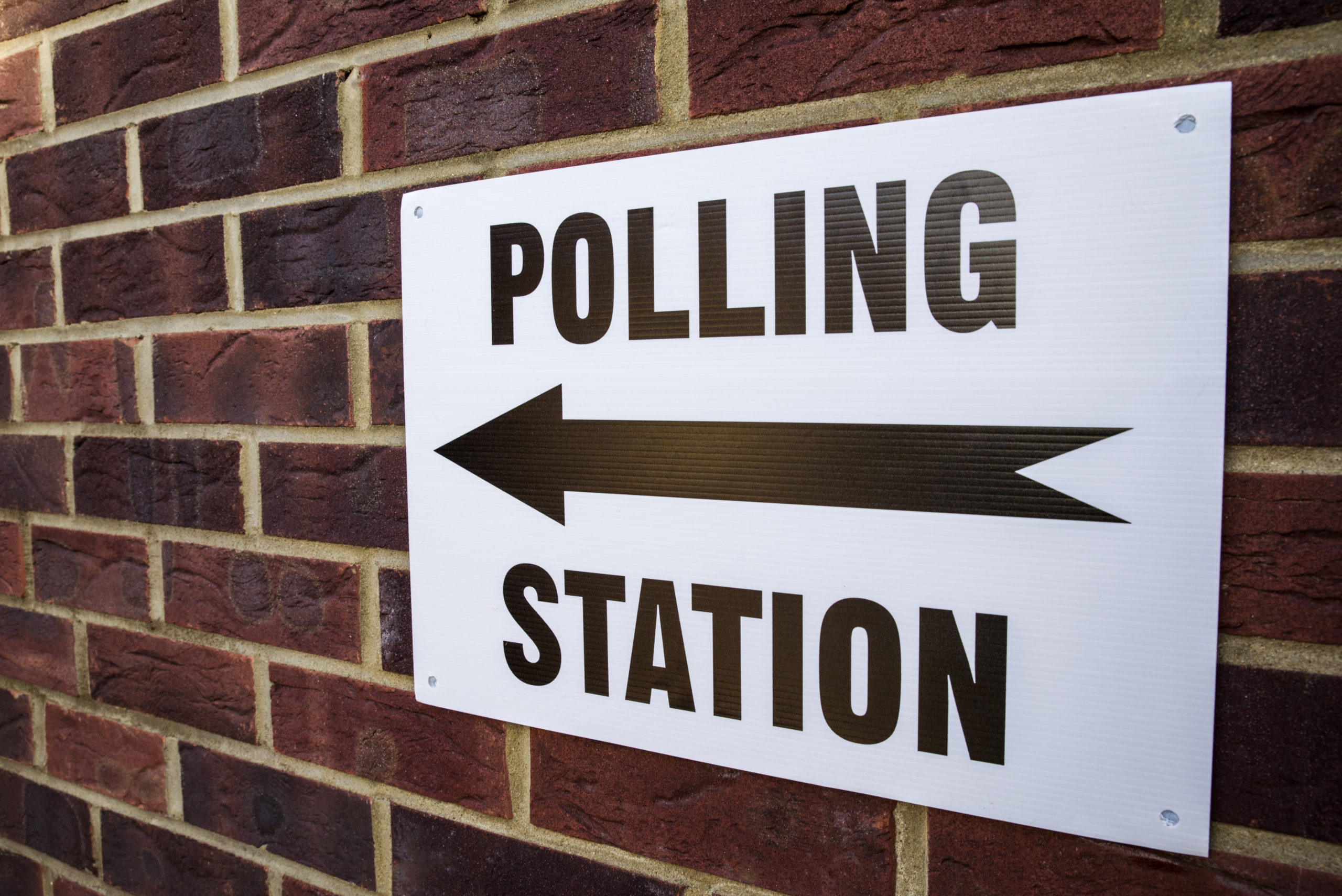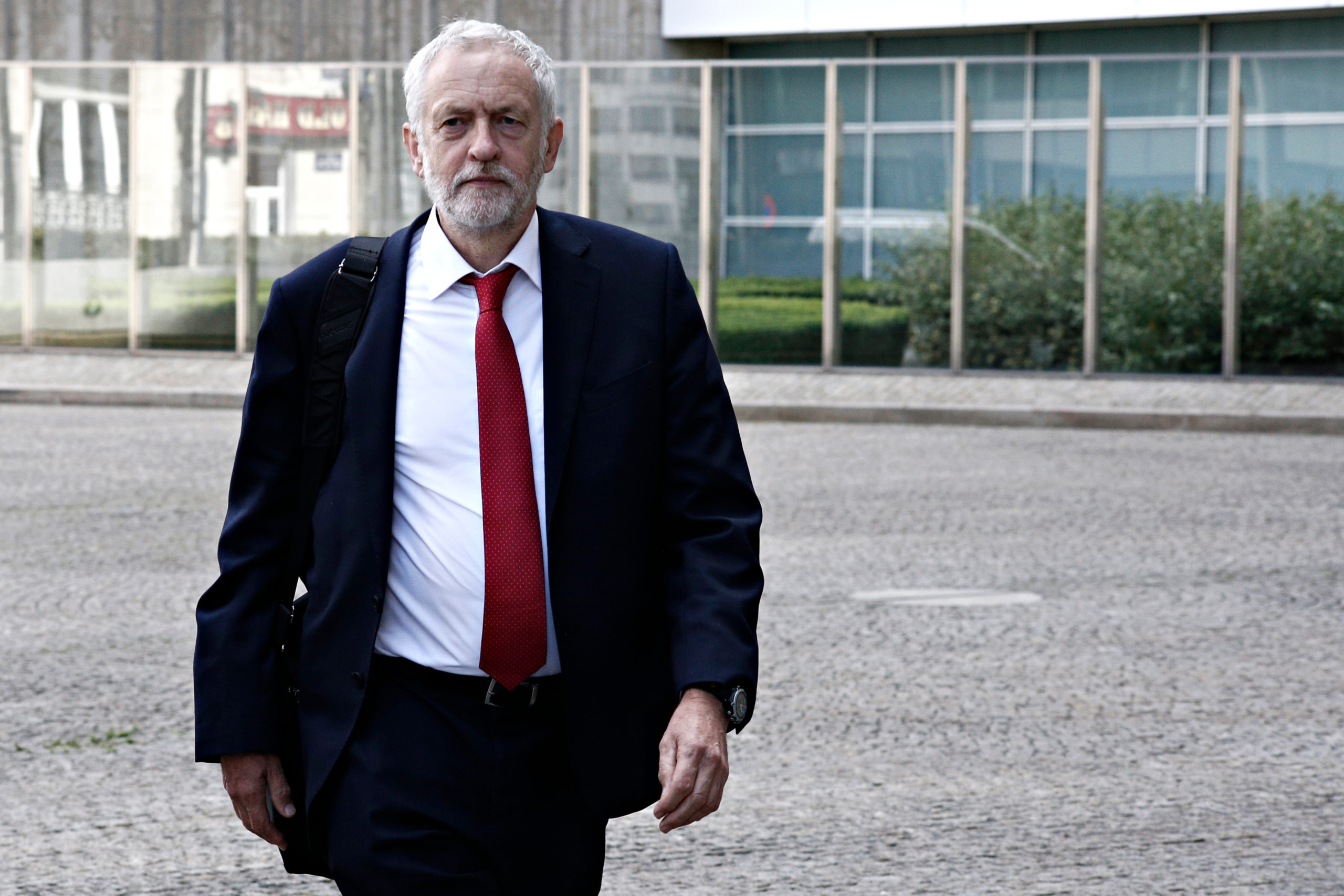The General Election is finally over, with the result as predicted by many. The centrepiece of the Labour Party’s manifesto was change, and Sir Keir Starmer’s 170-plus seat majority has certainly given him the mandate to deliver it. With regard to defence and security, however, just how radical will that change be? Put another way, can Labour’s new defence broom really sweep clean?
Manifesto Commitments
Like all pre-election manifestoes, Labour’s commits to upholding the first duty of government: to keep the country safe. Beyond this though, its defence and security pledges are few. The manifesto confirms what has been a regular pre-election assertion to ‘conduct a Strategic Defence Review within our first year in government’ and to ‘set the path to spending 2.5 per cent of GDP on defence’. It also says Labour has an ‘unshakeable commitment to NATO and the UK’s nuclear deterrent’, and will establish a fully functioning military strategic headquarters to ‘create a strong defence centre capable of leading Britain in meeting the increasing threats we face’. It also promises to create an independent Armed Forces Commissioner ‘to improve service life’, prioritise UK businesses for defence investment and reform procurement to reduce waste.
Post-Election Reality
It is no surprise that the Labour Party’s manifesto commitments were both high-level and broad brush. Defence and security are never at the top of the list of voters’ concerns at election time. In a YouGov poll published on 1 June, only 9 per cent of those questioned put defence and security in their top three most important issues. Perhaps more tellingly, only one per cent of Labour voters considered it the single most important issue. The freshly minted Secretary of State for Defence, John Healey, may be keen for his new defence broom to sweep clean, but the reality is the Prime Minister will have many more pressing issues to address.
A good indicator of the government’s urgency to tackle defence and security issues will be its swiftness establishing a fully functioning military strategic headquarters. When he announced this initiative during an address at the Policy Exchange last February, Healey called it a ‘must-make, week-one change’. However, don’t be surprised if that becomes part of the more ponderous Strategic Defence Review process instead.
2025 Strategic Defence Review
John Healey has made no secret of his desire to hold another review of defence and security, but has offered very little detail regarding what it might include or how it might be conducted. He has, however, made clear his admiration for the review undertaken by the Labour government after the 1997 general election, calling it the ‘gold standard’. The 1998 Strategic Defence Review was indeed a break from the traditional, Whitehall-centric reviews of the Cold War.
It set out to be openly foreign policy led and, for the first time, sought views from a wide range of opinion formers, academics and industrialists from outside government. On the down side, it took over fourteen months to complete, more than double its intended timeline, and the foreign policy assumptions that supposedly underpinned it were never published. There is also no evidence that any of the much vaunted external contributions influenced any of the big decisions that appeared in the final report.
Given the current global strategic environment, a protracted review is likely to be overtaken by events and, to that end, of little use. Instead, a short, sharp assessment of how the UK can and should influence the current and anticipated future geopolitical situation is needed. This must be followed by some hard-nosed, decisions over resources and force structures. To make this so, the process and required outcomes of the review should already have been considered and agreed. While hope can never be considered a planning factor, one hopes that the Labour’s shadow defence team and their advisors recognised this long before yesterday’s general election, and are primed and ready.
Can Labour’s New Defence Broom Really Sweep Clean?
Getting consensus amongst all interested parties over what must be done to ensure the UK’s armed forces can meet tomorrow’s threats will be tough. Actually doing what must be done will be even tougher. Over the next ten years, almost 50 per cent of the entire defence budget, some £290 billion, has been earmarked to buy new equipment. A considerable amount of that is already contractually committed. However, in its review of the MoD’s latest Equipment Plan, the National Audit Office confirmed that the Plan was unaffordable, with the funding gap ranging between £7.6 billion and £29.8 billion depending on whether risks or opportunities materialise.
The greatest factor contributing to the Plan’s unaffordability is the increased costs associated with the programme to replace the nuclear deterrent, which have risen by £38.2 billion, or 62 per cent, in the last twelve months alone. Some commentators, including this blogger, have suggested that the time has come for an open and honest debate about the future of the UK’s strategic nuclear deterrent; nevertheless, the new Prime Minister remains committed to it. This ringfence around nuclear funding puts greater pressure on all the other acquisition programmes within the Equipment Plan and reduces still further opportunities for change. Without a significant injection of cash or a major culling of existing programmes, it is difficult to see how the defence budget can support the sorts of uplifts in capability considered necessary by the outgoing Director of the MoD’s office of net assessment and challenge, Dr Rob Johnson.
The Labour government will be very keen for its new defence broom to sweep clean. However, given the other priorities it faces, that may be unlikely to happen.






